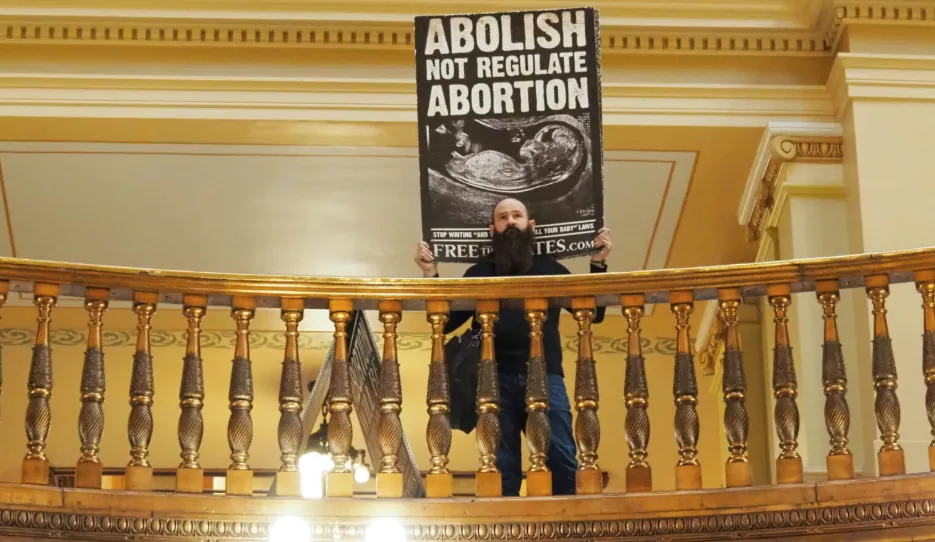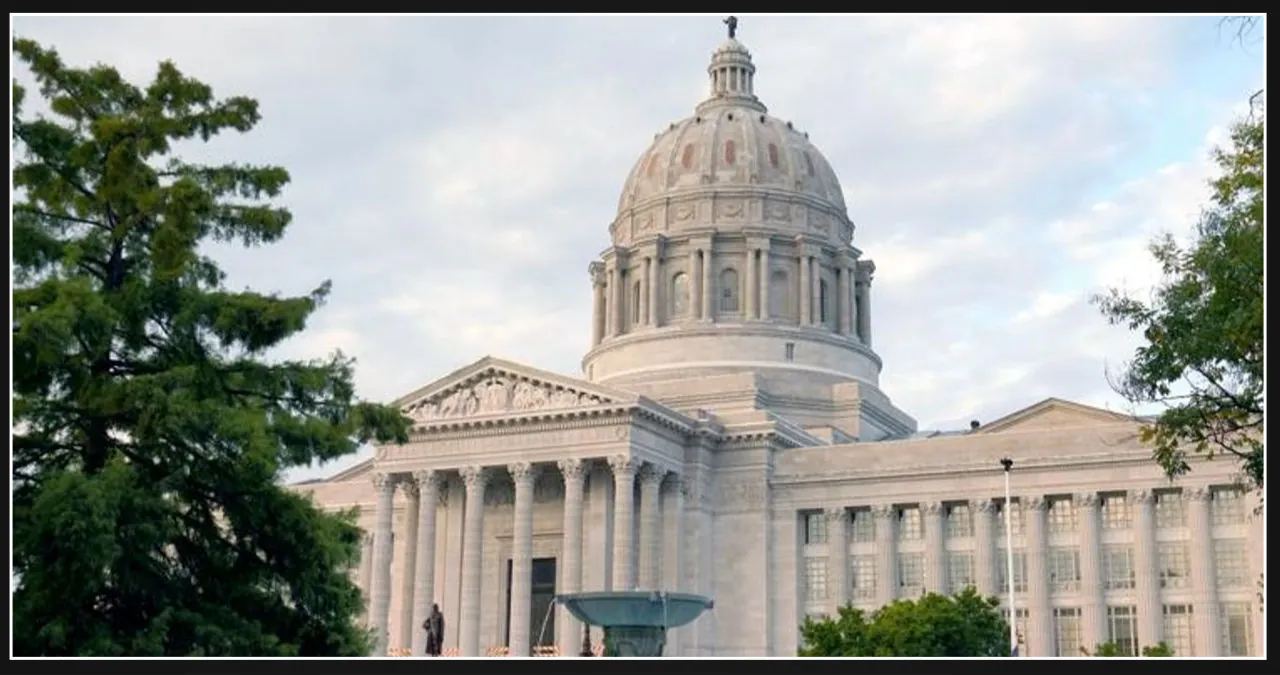In recent years, Kansas legislators have been wrestling with the public-policy consequences of gender ideology. Back in 2023, the state legislature took a bold step by overriding a governor’s veto to enact a bill that prohibited males from participating in girls’ student sports teams. More recently, a district court judge supported the stance of state attorney general Kris Kobach, resulting in Kansans being unable to modify the gender indicated on their drivers’ licenses.
At the University of Kansas (KU), the state’s flagship university, there is a new center that aims to empower activists in their fight against the laws that seem to align with the preferences of Kansas citizens. It is worth noting that these policies have received significant support, as evidenced by Donald Trump’s double-digit victory margins in the last three presidential elections.
Trans Studies at the Commons is a vibrant hub for the emerging field of transgender studies. According to the initiative’s website, their focus is on exploring various aspects of trans life, trans theorizing, and trans materiality, transcending epistemological and ontological boundaries. The Andrew Mellon Foundation has generously provided a million-dollar grant to launch this program in the current year.
I have obtained KU’s proposal for the Trans Studies at the Commons initiative through a public records request. The document provides a thorough and surprisingly honest overview of the program, which aims to revolutionize academia and the political landscape in the state.
The proposal immediately delves into politics, criticizing the Kansas legislature for promoting oppressive anti-trans bills. The authors argue that such legislation, along with the larger crisis faced by trans individuals, justifies the establishment of a physical and virtual hub to foster growth in the field of Trans Studies. Among the center’s objectives, the authors emphasize the importance of transforming the local and regional landscape to promote transliberation. In practical terms, this entails hiring a new professor, recruiting non-residential fellows, providing grants to local nonprofits dedicated to Trans and Racial liberation, and developing a Trans Oral History project.
The proposal takes on a more partisan tone as it progresses. The individuals behind it emphasize that their plan would utilize the progressive history of Lawrance, the city where the university’s main campus is situated, to mobilize efforts towards achieving social justice in the present. They proudly state that Lawrence, being home to the state’s leading university, is recognized as a “little blue dot in a sea of red,” acknowledging the contentious culture wars that surround us.
Coming from a state-funded institute of higher education, many people would find such partisan language to be unusual. However, the proposal takes it a step further by advocating specific public policy goals. In a section titled “Reason for the Work,” the authors state that “Trans Studies, like trans lives, is under severe threat on a national scale.” They attribute this threat to “state legislatures” that are aiming to dismantle, block, and censor gender supportive and anti-racist policies in healthcare and education. One specific policy they mention is Kansas’s decision to include citizens’ biological sex on state IDs, which they describe as “heart wrenching.” As a result, the center aims to transform the university’s local and regional landscape to be more transliberatory.
The program’s commitment to social transformation may have the most long-lasting impact on the academic community. Trans Studies at the Commons represents a growing trend in American higher education, where universities and external donors provide a career path for scholar-activists.
The funding provided by the Mellon Foundation played a crucial role in securing additional support from institutions for the growing field of transgender studies. To secure funding from the university, it was agreed that the first two and a half years of salary for the new faculty member in this discipline would be covered by the Mellon grant funds. The Department of Women, Gender, and Sexuality Studies, in their job advertisement for this position, expressed a specific interest in scholars who have expertise in critical race theory, disability studies, and decolonial analysis.
The officers of the Mellon Foundation have expressed their interest in establishing transgender studies as a recognized academic discipline. To accomplish this goal, Funding Trans Studies at the Commons presents a reliable approach – by creating a pipeline for academic careers. The proposal highlights that hiring another scholar in trans studies at KU would have a significant impact, attracting more graduate students with a focus on Trans Studies. The authors also emphasize their plan to utilize the Mellon funding for field development across all levels of academia, including faculty, graduate, and undergraduate programs. This includes the implementation of a fellowship program for scholar-activists from various parts of the country.
The role of the university, particularly the state university, is at the heart of a broader debate. Transgender studies, as a discipline, inherently embraces activism. According to Susan Stryker, the founder of transgender studies, it holds a “radical political potential” and engages in profound discussions on decolonization, racial justice, and anti-global capitalism. It actively contributes to challenging and reimagining the oppressive power structures embedded within our society. This stands in stark contrast to the traditional academic pursuit of truth, which prioritized detached objectivity.
According to a recent survey, 32 percent of adults in the United States expressed a lack of confidence in higher education. Among those who felt this way, the majority believed that colleges were attempting to “indoctrinate” or “brainwash” students. This perception is further reinforced when prestigious institutions like the University of Kansas engage in openly partisan and ideological initiatives, seeking to reshape academia to align with the objectives of an activist nonprofit. The widespread dissatisfaction with university activism serves as a clear indication for the need to bring about necessary reforms. It would be prudent for the University of Kansas to listen to this call for change.
John D. Sailer holds the position of director of higher education policy and is also a senior fellow at the Manhattan Institute.
City Journal, published by the Manhattan Institute for Policy Research (MI), is a renowned free-market think tank. If you would like to contribute to the magazine, you have the opportunity to do so. As a 501(c)(3) nonprofit organization, any donations made towards MI and City Journal are fully tax-deductible as allowed by law (EIN #13-2912529).






